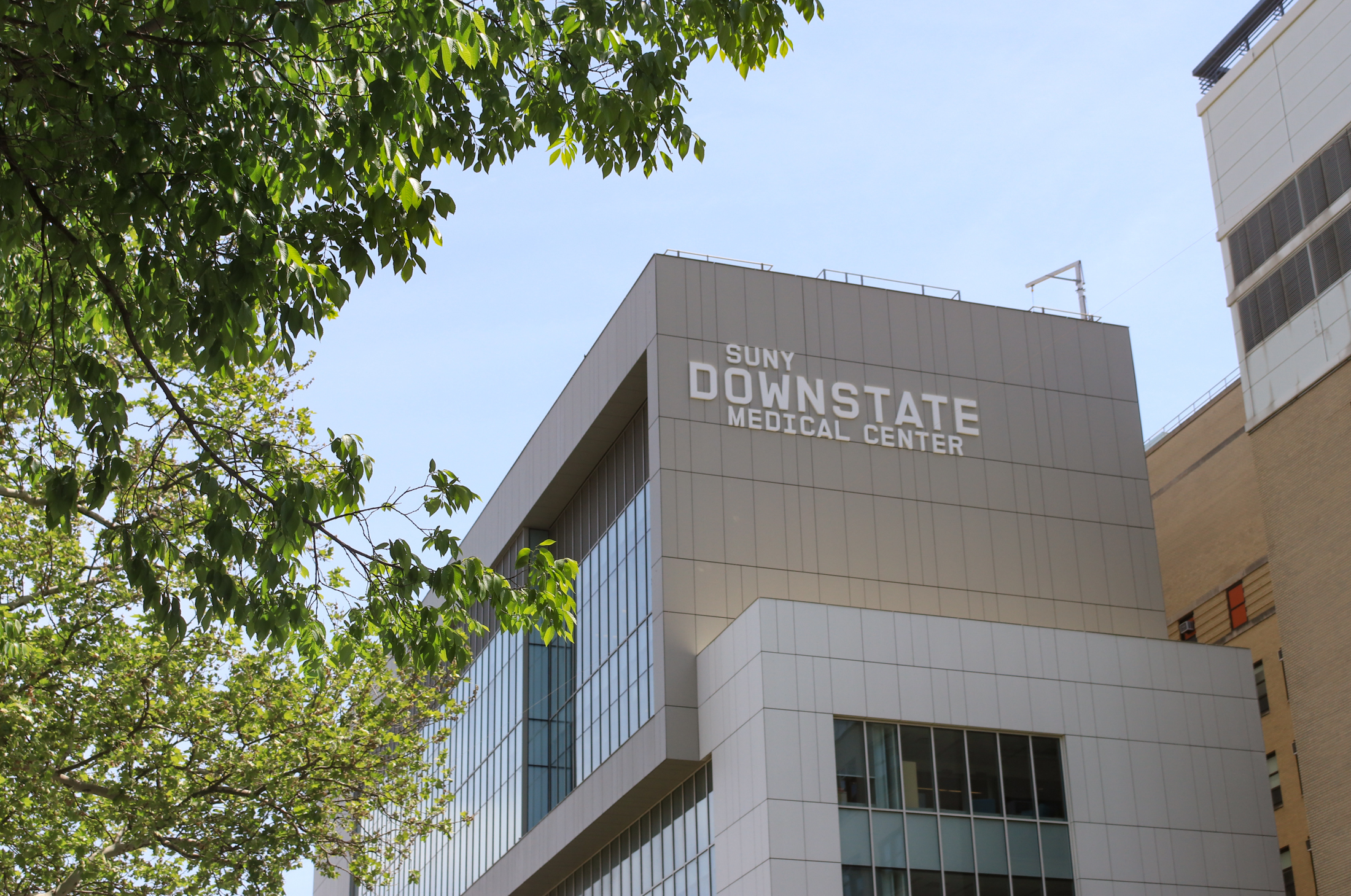Black Political Power Moves to Brooklyn
Harlem was long considered the epicenter of black political power in this city, but now Brooklyn, with three newly elected black candidates, has become the new home for much of the city’s black politics, according to the Daily News. Public advocate elect Letitia James, the first black woman elected to citywide office (above); Ken Thompson,…

Harlem was long considered the epicenter of black political power in this city, but now Brooklyn, with three newly elected black candidates, has become the new home for much of the city’s black politics, according to the Daily News.
Public advocate elect Letitia James, the first black woman elected to citywide office (above); Ken Thompson, soon to become Brooklyn’s first black district attorney; and Eric Adams, who will become the borough’s first black president, are all natives of central Brooklyn.
However, Harlem has produced three black politicians who rose to great prominence: New York’s first black mayor, David Dinkins; the state’s first black governor, David Paterson; and Rep. Charles Rangel, who was chairman of the House Ways and Means Committee. The News notes that Harlem’s 1960s-era “Gang of Four” coalition also included Paterson’s father, former Secretary of State Basil Paterson, and former Manhattan Borough President Percy Sutton.
But as gentrification and immigration have changed Harlem’s population, the majority of its residents are no longer black.
“We have seen the official election now begin to reflect what many of us have known for some time,” the Rev. Al Sharpton told the News. “Harlem is not the Harlem it was of Adam Clayton Powell or even David Dinkins. The population shift has gone from Harlem to Brooklyn.”
Brooklyn is also home to some of the city’s most ambitious up-and-coming black politicians: Rep. Hakeem Jeffries; Assemblyman Karim Camara, chairman of the Black, Puerto Rican, Hispanic and Asian Legislative Caucus; and City Councilman Jumaane Williams, who recently announced his intention to run for Council speaker.
But these black political elites don’t intend to ally themselves as closely as Harlem’s “Gang of Four.” Both James and Adams supported Thompson’s rival, longtime D.A. Charles Hynes, and James worked for Jeffries’ rival, Roger Green, during Assembly races in the early 2000s. And Jeffries and Adams are known to dislike each other, the News said.
Brooklyn the New Center of Black Political Power in New York City [NY Daily News]
Image by Thomas Good/NLN via Wikimedia Commons








Yes the title , now changed, is polarizing. When you say “_____ Power” in the context of politics, it implies a group working mostly for that group, at the expense even of others. In this case, it also had historical references that taint it.
I agree with Dave, the far swing that’s been made will not bode well for the poor. I had cautious hopes with this presidency, but every objective study and data release shows its only hurt the black/poor/young more than helped.
It’s realy only a taint if you whitewash history and reappropriate facts to fit what you would like to be your narrative of the world. As if power and the ability to be heard/recognized as a person/etc…, as expressed through the history of this country, has nothing whether you were born of a certain hue. So yes, it connotes something very different you simplisticly say “white power” versus “black power”. Live with it. It was those in power (hint: not black folks) who created the dichotomy to begin with. These are its effects.
gotta love all the faux outrage. get a life
I happen to spend a few hours with Tish and I have to say this woman works HARD! She gave me and a friend a ride home from Manhattan and I saw first hand how her personal phone never stopped ringing. She was like some kind of superwoman going around from place to place helping the little guy who normally would not have a voice. From what I know of her she is a lovely person and best of luck to her in the future.
Bit of a loaded headline.
You just proved my point. It was solely focused on working for one group, and that’s what the headline erroneously connoted.
False equivalency
did tish murder your puppy or something?